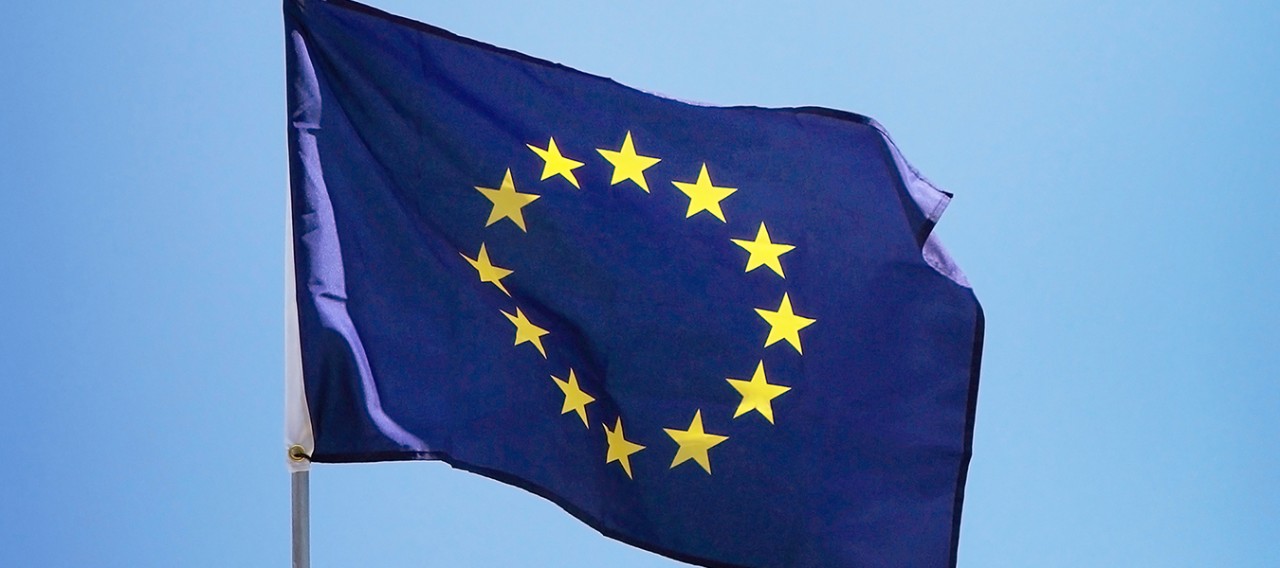EU launches gender equality strategy, pay transparency

The European Commission presented a new five-year gender equality strategy on 5 Mar 2020 that aims to achieve gender equality in Europe. The strategy includes legislative proposals for achieving pay transparency, the agreement of European Union (EU) proposals that would require gender-balanced company boards, and the criminalization of sexual harassment. The strategy also includes initiatives to address gender-based violence and stereotypes; ensure equal participation and opportunities in the labor market, including equal pay; and achieve gender-balance in decision-making and politics.
Highlights
- Launch of a public consultation on pay transparency. Input is invited through 28 May 2020, with binding measures to be published by the end of 2020. Measures would aim to increase the transparency of pay systems, provide stronger enforcement mechanisms, and improve public understanding of equal pay concepts. Currently, women in the EU earn on average 16% per hour less than men.
- Inclusion of a gender pensions gap assessment in the EU’s pensions adequacy report for 2021 due to women’s lower earnings, the impact of part-time employment and career gaps. The commission also will “explore” with member states providing occupational pension scheme credits to individuals who take career breaks for caring duties.
- Publication of a green paper on aging by the end of 2020, which will focus on long-term care, active aging and pensions.
- Publication of legally binding measures to criminalize violence against women, including sexual harassment. Other initiatives would target the reduction of gender-based violence.
- Enforcement of the EU’s work-life balance directive in member states. Member states must transpose the directive into national laws by 2 Aug 2022, and by 2 Aug 2024 they must provide payment of the final two weeks of the minimum period of two months of parental leave.
- Agreement of the proposed directive for gender balance on corporate boards of certain companies. The commission will urge member states to agree to the 2012 proposal that would require non-executive board directors of listed companies to comprise 40% of the under-represented gender.
The commission also will facilitate the exchange of good practice on gender balance in boards and management. - Launch of an EU-wide campaign to combat gender stereotypes.
- Publication of guidance on the impact of tax and benefits on financial incentives (or disincentives) of second earners.
- Integration of a gender perspective (gender mainstreaming) in all EU policies and major initiatives. The commission will address the intersectionality of gender with other types of discrimination across all EU policies.
- Protection of individuals from discrimination due to data and artificial intelligence. The commission recently published its strategy on digitization and artificial intelligence, calling for the protection of individuals against “biases in algorithms or training data” that result in “unjust and discriminatory outcomes.” Proposals to address safety, liability, fundamental rights and data will be published in
Q4 2020.
Related resources (s)
Non-Mercer resources
- Gender balance on corporate boards (EU Council of Ministers, 13 Jun 2019)
- Directive on work-life balance of parents and carers (EurLex, 20 Jun 2019)
- Press release (European Commission, 5 Mar 2020)
- Gender equality strategy (European Commission, 5 Mar 2020)
- Launch of consultation on pay transparency (European Commission, 5 Mar 2020)
- EU action for equal pay (European Commission, 5 Mar 2020)
- Gender pay gap in the EU (European Commission)
- Gender Gap Report 2020 (World Economic Forum, January 2020)
- Only one woman in three is a manager (Eurostat, 6 Mar 2020)
Mercer Law & Policy resources
- ILO adopts convention to combat workplace violence, harassment (26 Jun 2019)
- EU agrees to work-life balance measures, including leave (19 Jul 2019)
- International Gender Pay and Equal Pay Regulations (Mercer, 30 Jul 2019)
About the author(s)
Related Solutions
Related insights

